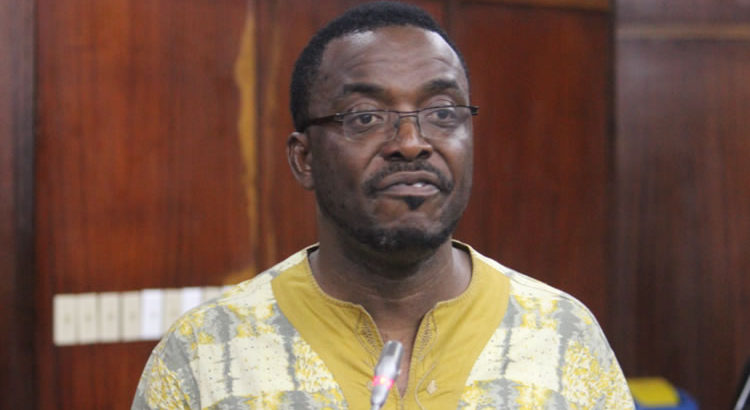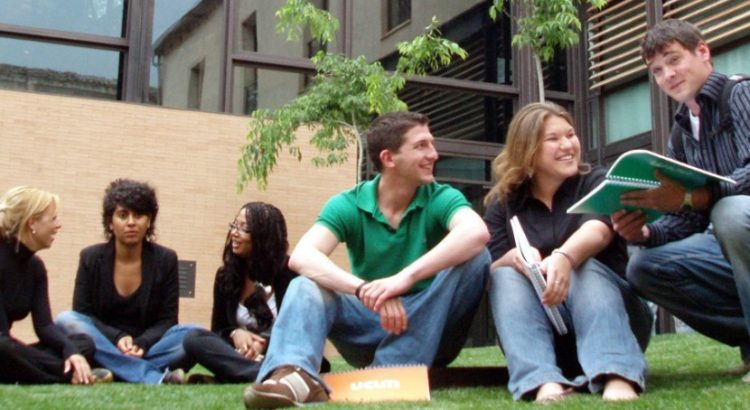Africa/Liberia/05 de Agosto de 2016/Autor: Henry Karmo/Fuente: FromPageAfrica
RESUMEN:El pleno del Senado votó el jueves a favor de una moción que solicite la aparición del Ministro de Educación, George Werner, para responder a las preocupaciones planteadas por algunos legisladores en un informe presentado a ellos por el ministro de la Asociación público privada (PPP) sobre lo planteado en un informe. Aunque el informe no se ha hecho público a los medios de comunicación, se escucharon algunos legisladores expresando su preocupación por el nombre de escuelas por condados, mientras que otros se quejaron de la exclusión de ciertas escuelas en la lista presentada a ellos. El Ministerio de Educación dice que el objetivo es comprometer a todas las escuelas de educación infantil primaria y a los proveedores privados para que cumplan con los estándares requeridos. El controvertido programa dio lugar a una guerra-de-palabras pública climatizada entre el ministro Werner y el Relator Especial de la ONU sobre el derecho a la educación, Kishore Singh, quien describió el plan como sin precedentes en la escala que se propone en la actualidad y viola las obligaciones legales y morales de Liberia .
The plenary of the Senate on Thursday voted in favor of a motion that will request the appearance of the Minister of Education, George Werner, before that august body to answer to concerns raised by some Lawmakers in a report presented to them by the minister on the Public Private Partnership (PPP) agreement.
Though the report hasn’t been made public to the media, some Lawmakers were heard expressing concern over the name of schools per counties while others complained of exclusion of certain schools on the list presented to them.
FrontPageAfrica reported last month that Liberia’s much-heralded and far-reaching plan to outsource its entire pre-primary and primary education system to Bridge International Academies appears to have hit a snag.
FrontPageAfrica disclosed in its reportage that it had learnt from reliable sources and briefing notes from a confidential meeting held, that Minister George Werner appears to be expressing concerns over Bridge’s method amid reports that education partners may be contemplating walking away if the Minister insists on the Randomized Control Trial, which Bridge does not want to agree to.
“Until we know whether Bridge is going to step out of the RCT, we cannot proceed with randomization, and thus, finalizing school lists.
If Bridge opts to submit their own list of schools, we may need to remove some these schools from the lists allocated on Friday and this morning.
Bridge was speaking with their board today and we hope to have a decision imminently. As soon as we hear back, we will notify providers affected by the reallocation and we hope to proceed with randomization tomorrow – as planned (provided we all agree the rejection criteria)”, Minister Werner was quoted.
One source suggested that the move could prompt Bridge to take the Liberian government to court over what is building up to be a potential breach of the Memorandum of Understanding between the heralded academy management group and the Liberian government.
Under the public-private arrangement, Bridge was expected to pilot the programme in 50 public schools in 2016, as well as design curriculum materials, while phase two could have the company rollout mass implementation over five years, “with government exit possible each year dependent on provided performance from September 2017 onwards.
The MoE is said to be aiming to contract out all primary and early childhood education schools to private providers who meet the required standards over five-year period.
The controversial program resulted into a heated public war-of-words between Minister Werner and the UN Special Rapporteur on the right to education, Kishore Singh, who described the plan as “unprecedented at the scale currently being proposed and violates Liberia’s legal and moral obligations.”
Fuente: http://www.frontpageafricaonline.com/index.php/news/1630-liberia-s-education-minister-werner-to-appear-before-senate-august-9







 Users Today : 21
Users Today : 21 Total Users : 35460606
Total Users : 35460606 Views Today : 64
Views Today : 64 Total views : 3419613
Total views : 3419613